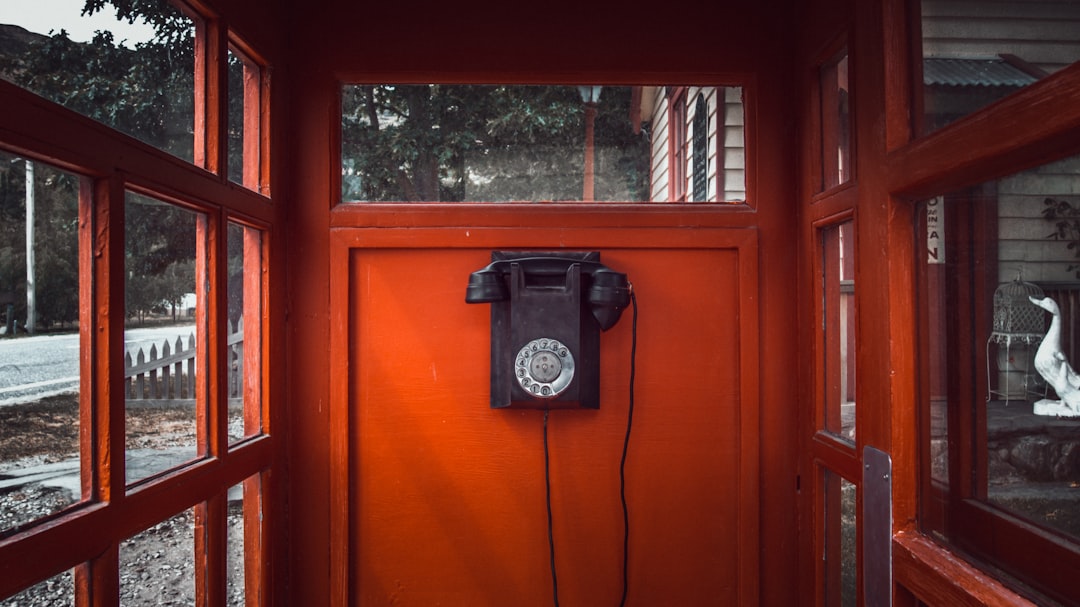Utah residents are protected from spam calls by strict laws requiring prior consent. To combat robocalls, document call details and file complaints with the Utah Attorney General's Office or specialized spam call law firms in Utah. These steps deter violators and contribute to quieter phone lines. Specialized law firms guide consumers through legal actions like cease-and-desist orders or litigation under the TCPA.
Navigating robocall complaints in Utah requires understanding state-specific spam call laws. This guide explores effective strategies, from recognizing and documenting calls to filing complaints with relevant authorities. Learn how to protect your rights and take legal recourse against persistent violations through Utah’s stringent spam call regulations. Engage with reputable spam call law firms in Utah for expert assistance when necessary.
Understanding Utah's Spam Call Laws

In Utah, navigating robocall complaints involves understanding and adhering to strict spam call laws designed to protect residents from unwanted telemarketing calls. The state has implemented comprehensive regulations that limit when and how businesses can contact consumers by phone. These laws are in place to ensure that citizens have control over their privacy and can avoid relentless marketing calls.
Utah’s spam call laws specifically prohibit automated or prerecorded calls from being made to Utah residents without prior express consent. This means that if you haven’t given explicit permission for a company to contact you using robocall technology, such calls are illegal. To resolve robocall complaints effectively, consumers should document the calls, including dates, times, and any identifying information about the caller. Legal options include contacting the Utah Attorney General’s Office or consulting with spam call law firms in Utah that specialize in protecting consumer rights.
Recognizing and Documenting Robocalls

Recognizing spam calls from robocallers is the first step in navigating complaints effectively. In Utah, where strict regulations against unsolicited telephone solicitations are enforced by the Utah Department of Commerce, identifying automated or prerecorded messages is crucial. Such calls often violate the state’s Spam Call Law, making them illegal without prior express consent. Listens for typical indicators like computer-generated voices, repeated calls from unknown numbers, and unexpected prompts to press certain buttons can help individuals recognize potential robocalls.
Documenting these interactions is equally vital. Saving call logs, screen recordings, or voice memos of the automated messages can serve as compelling evidence when filing a complaint. Additionally, noting down any personal information requested during these calls and the nature of the supposed business or service offered—be it debt collection, fundraising, or sales—is essential for understanding the scope of the violation and providing detailed feedback to regulatory bodies like the Utah Attorney General’s Office, which actively pursues legal action against violators.
Filing Complaints Effectively

When facing robocalls, effective complaint filing is a powerful tool. In Utah, residents can take action against unwanted spam calls by reaching out to the Utah Department of Commerce, which has established procedures for handling such issues. The process begins with gathering essential details about the call, including the caller’s phone number and the date and time of the interaction.
Utah’s Spam Call Law firms play a crucial role in providing legal recourse against persistent robocallers. These law firms are equipped to guide individuals through the complaint process, ensuring their rights are protected under the state’s consumer protection laws. By filing complaints, Utah residents can contribute to deterring spam callers and fostering a more robust regulatory environment, making their phone lines quieter.
Legal Recourse for Persistent Violations

In Utah, persistent robocalls or spam calls can be legally addressed through various avenues. The state’s robust consumer protection laws empower individuals to take action against violators. If a person continues to receive unwanted automated phone calls after registering their number on Do Not Call lists or receiving anti-robocall protections under the Telephone Consumer Protection Act (TCPA), they have legal recourse.
Spam call law firms in Utah specialize in representing consumers in such cases, offering legal advice and representation to stop the influx of robocalls. These firms help victims understand their rights and take appropriate measures against violators, whether through formal complaints, negotiations for cease-and-desist orders, or even litigation if necessary.






